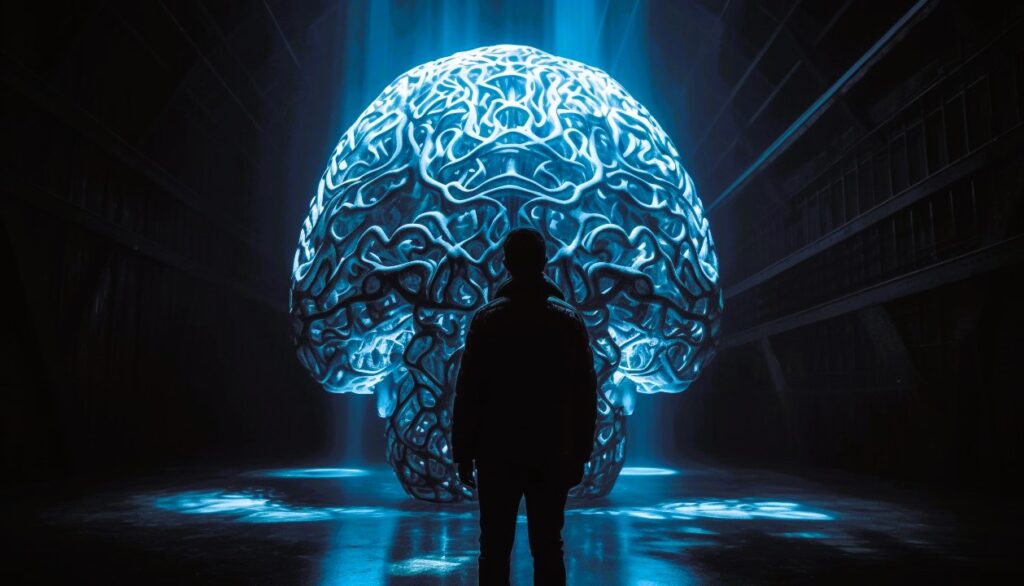How Game Music Affects Our Emotions and Behavior
Music is a vital component in video games, playing a significant role in how we experience and interact with the game. It can evoke strong emotions, influence our behavior, and even enhance our overall gaming experience. This article delves into how game music affects our emotions and behavior, exploring its psychological impact, its role in gameplay, and how composers use music to shape our experience.
The Emotional Power of Game Music
In video games, music serves as a conduit for emotions, setting the tone and atmosphere for the player’s experience. Whether it’s a soaring orchestral arrangement or a haunting melody, the music in a game can invoke feelings of joy, tension, excitement, or dread.
For example, The Legend of Zelda: Ocarina of Time uses sweeping and emotional music to enhance moments of triumph and victory, while the haunting, eerie soundtrack of Silent Hill increases feelings of fear and unease. The contrast between high-energy music in action-packed games like DOOM and the tranquil melodies in exploration-based games like Journey shows how composers can manipulate emotions through sound.
Music in games taps into our innate emotional responses, and it’s through these musical cues that players become emotionally invested in the story and characters. A well-composed soundtrack can make the difference between a forgettable experience and one that resonates long after the game has ended.
How Music Triggers Emotional Responses
The emotional responses we have to game music are tied to both psychological and physiological reactions. When we hear a familiar melody or a piece of music that matches the emotional tone of the game, our brain releases dopamine, the neurotransmitter associated with pleasure and reward. This helps us feel more engaged and motivated to keep playing.
In fast-paced action games like Halo or Call of Duty, the intense, high-tempo music can increase adrenaline levels, keeping players alert and focused. The rapid beats and escalating sounds match the action on screen, enhancing the sense of urgency and excitement. On the other hand, slow, ambient music in games like The Elder Scrolls V: Skyrim or The Witcher 3 helps players relax, immerse themselves, and take in the environment, creating a sense of calm and reflection.
In emotional or story-driven games like Life is Strange or The Last of Us, music amplifies moments of sadness or joy, highlighting key narrative beats and helping players connect more deeply with the characters and plot.
The Role of Music in Shaping Player Behavior
Game music doesn’t only affect our emotions; it also plays a crucial role in influencing our behavior. The rhythm and tempo of music can have a profound impact on how we play the game. For instance, the intense music in racing games like Need for Speed encourages faster, more aggressive gameplay, while the slower, methodical soundtracks of puzzle games like The Witness invite thoughtful, calculated decision-making.
In strategy games like StarCraft or Civilization, music can signal a change in the game’s pace or difficulty. When the music shifts to a more dramatic tone, players subconsciously start preparing for more challenging situations. In role-playing games (RPGs) and open-world games, the music helps guide players by signaling new quests, character interactions, or changes in the game’s environment.
Music also plays a big part in motivating players to continue playing, particularly in competitive games. In multiplayer online games such as Overwatch or League of Legends, the intensity of the soundtrack can influence a player’s focus, alertness, and reaction time, enhancing overall performance.
Memory and Immersion: Music as a Narrative Tool

Beyond emotion and behavior, music is an essential tool in creating lasting memories and deepening immersion. Many games use their soundtracks as a way to reinforce key story moments and character arcs, creating emotional memories that players will carry with them long after the game ends.
For example, the Final Fantasy series, with its iconic scores by composer Nobuo Uematsu, is known for how its music becomes synonymous with the emotional highs and lows of the games. Tracks like To Zanarkand from Final Fantasy X or One-Winged Angel from Final Fantasy VII are ingrained in players’ memories because the music is tied to pivotal moments in the story.
In open-world games, the music helps immerse players in the game world. The iconic themes of The Elder Scrolls V: Skyrim or Red Dead Redemption 2 help to make the player feel as though they truly belong to the world they’re exploring. The music reinforces the game’s setting, history, and atmosphere, allowing the player to connect on a deeper level with the environment. Did you like the article? Read also about Music in VR Games.
In conclusion, game music has a profound influence on our emotions, behavior, and overall experience. It does more than just accompany the gameplay—it shapes how we feel, how we act, and how we remember the game. From triggering emotional responses to guiding player behavior and enhancing immersion, the soundtrack of a game is an integral part of the experience.
As the gaming industry continues to evolve, the role of music will remain a vital tool for shaping our connection with the games we love. Whether through nostalgic memories or heart-pounding excitement, game music will continue to leave a lasting impression on players around the world.
For more on video game music and its impact, check out this Wikipedia page on video game music.
